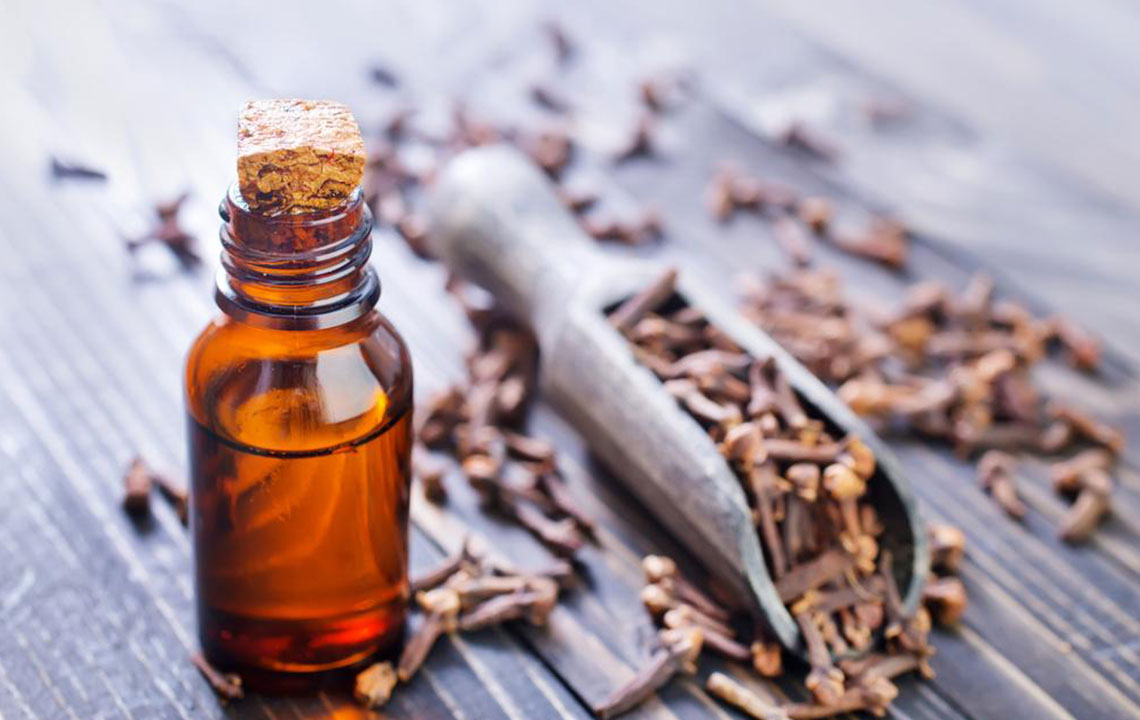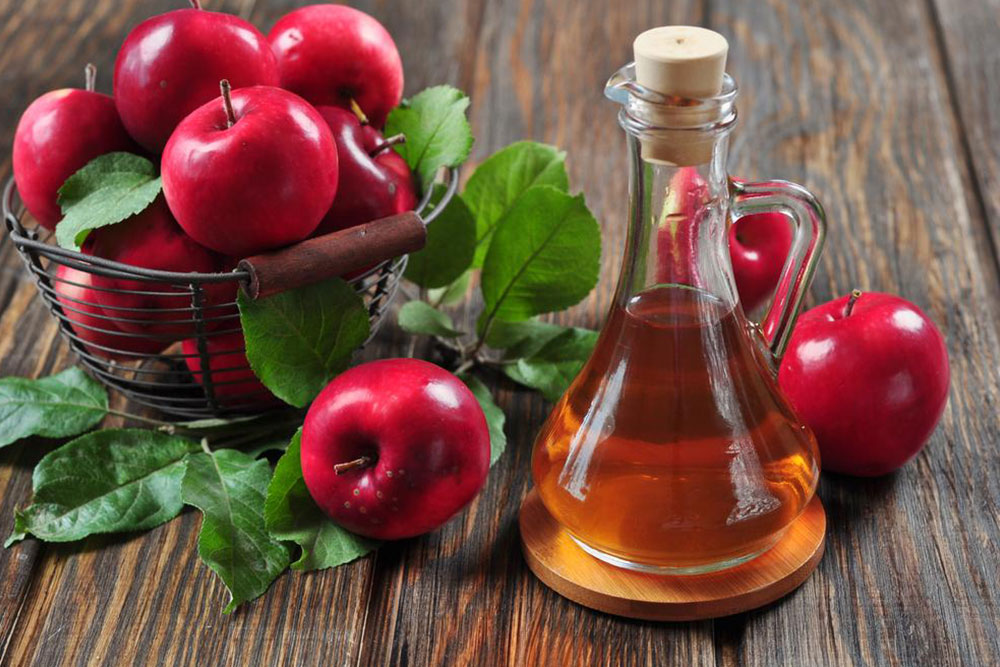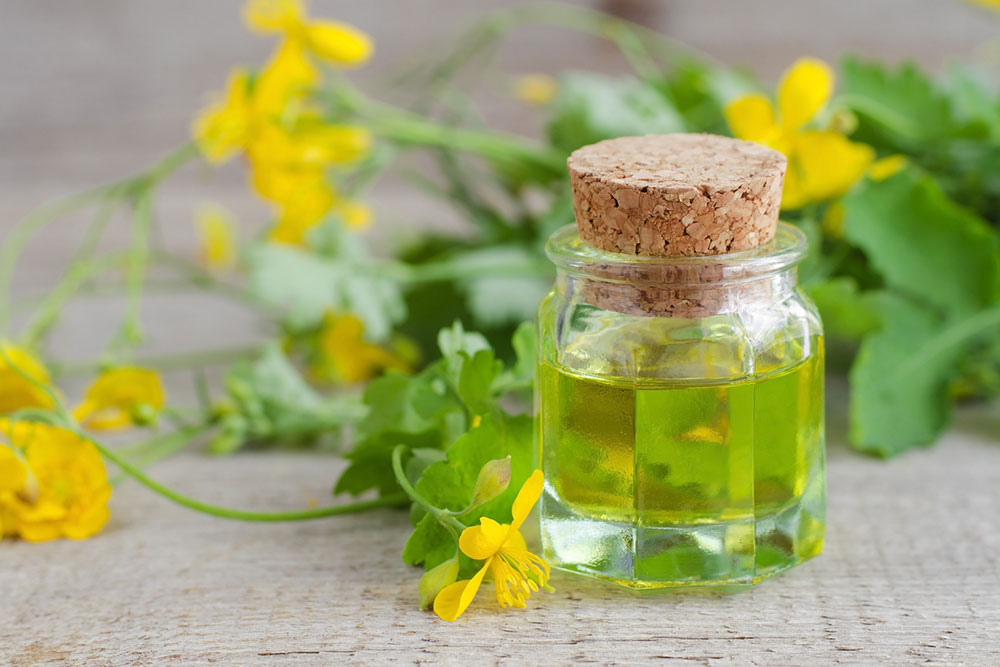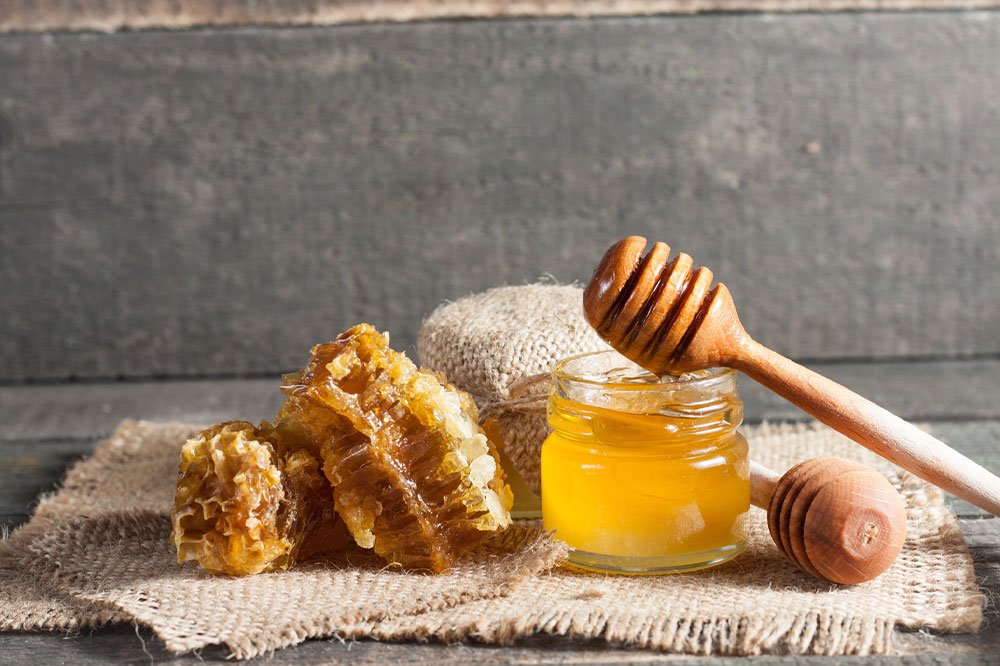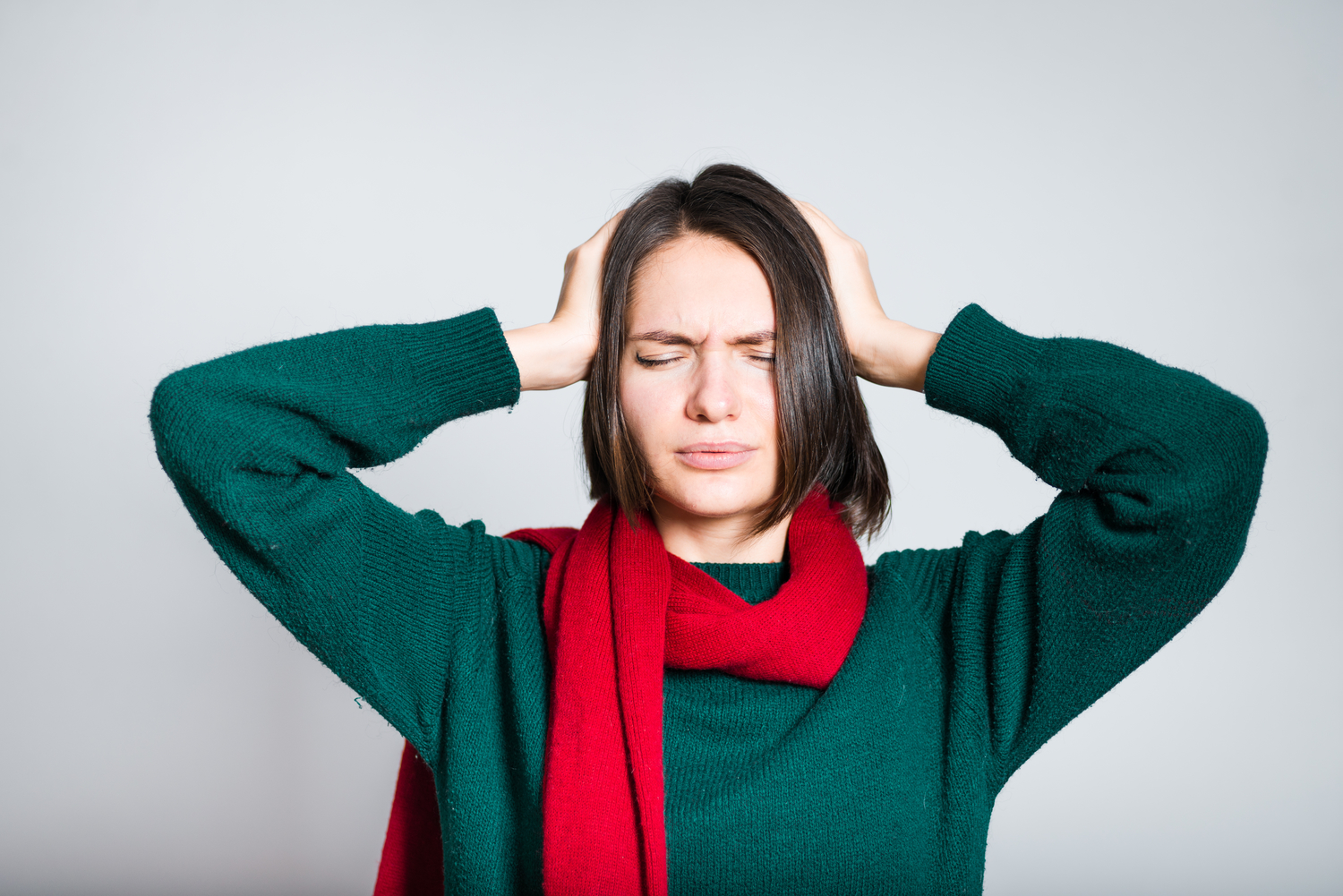Effective Natural Remedies to Alleviate Migraine Pain
Discover effective natural remedies and lifestyle tips to manage and prevent migraines. From dietary adjustments to relaxation techniques like massage, meditation, and aromatherapy, this comprehensive guide offers practical solutions to alleviate headache pain. Incorporate these safe, natural methods into your routine for lasting relief and improved well-being.
Sponsored

The word 'migraine' originates from the Greek term hemicrania, meaning pain on one side of the head. Migraines are intense headaches typically causing sharp discomfort localized to one side of the head, temples, or behind the eyes or ears. Triggers such as bright lights, loud sounds, weather changes, strong odors, dietary choices including foods rich in tyramine like cheese or red wine, stress, sleep deprivation, smoking, hormonal imbalances, and lifestyle habits can provoke migraines. Recognizing these factors can help manage symptoms more effectively.
Common migraine symptoms include nausea, vomiting, heightened sensitivity to light and sound, scalp tenderness, blurred vision, and overall fatigue. Migraines can be severe enough to disrupt daily routines. Women are more prone, experiencing migraines two to three times more often than men. While precise causes remain elusive, lifestyle modifications such as eating healthily, staying hydrated, exercising regularly, and ensuring adequate sleep can help prevent attacks.
Although medications are available for migraine relief, many turn to home remedies like coffee, which may help but can also trigger headaches if consumed excessively. To avoid worsening symptoms, incorporate natural soothing methods designed to ease migraine pain. If frequent headaches trouble you, try these tips:
Track your migraine episodes—note their timing, foods consumed, and recent stressors—to identify and avoid triggers.
Maintain balanced blood sugar levels by eating regular, nutritious meals.
Engage in gentle exercise like walking to relax neck, shoulder, and facial muscles, boosting mood and reducing stress.
Massage therapy targeting neck, shoulders, and back muscles can provide relief. Aromatherapy may complement this, if suitable.
Practice meditation and yoga to lower stress levels and decrease headache frequency.
Ensure adequate magnesium intake (400-600 mg daily) from sources like spinach, yogurt, almonds, avocados, dark chocolate, and bananas, especially for menstrual-related migraines.
Including vitamin B12 in your diet or supplements may help lessen migraine occurrences.
Recent research suggests that exposure to green LED light, rather than white, can significantly reduce migraine pain, though more studies are needed to confirm this link.
Implementing these lifestyle practices can help prevent future migraines, but some natural remedies also provide immediate relief:
Apple cider vinegar mixed with honey in water consumed daily can help prevent attacks.
Applying ice packs reduces tension and numbs pain by constricting blood vessels.
Chamomile tea's anti-inflammatory properties offer quick relief from migraines. Dandelion tea can also relax your mind.
Ginger, whether as tea or raw, can ease nausea and inflammation associated with migraines.
Inhalation of essential oils like lavender or peppermint can alleviate pain, though individual sensitivities vary.
Applying peppermint oil directly to painful areas has been shown to lessen headache severity. Rosemary oil may also provide benefits.
Processed extracts of Butterbur, a herb traditionally used for pain relief, can reduce migraine frequency, but caution is advised due to potential toxicity.


